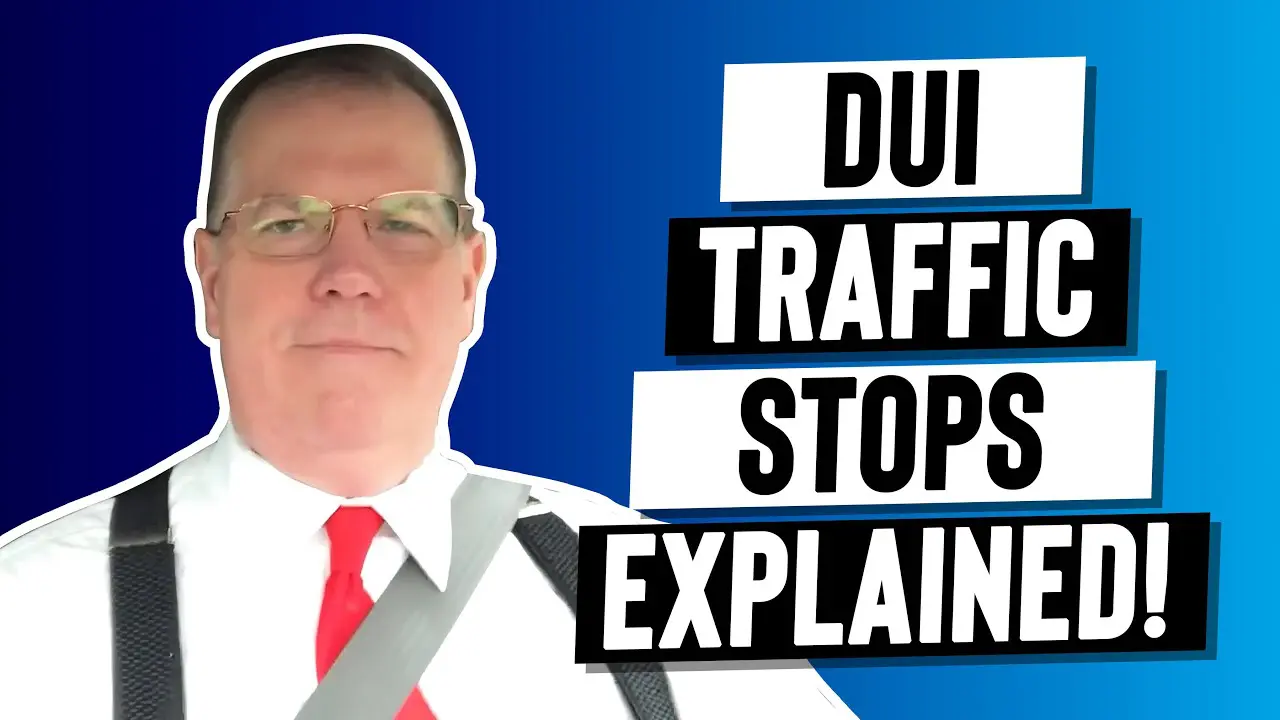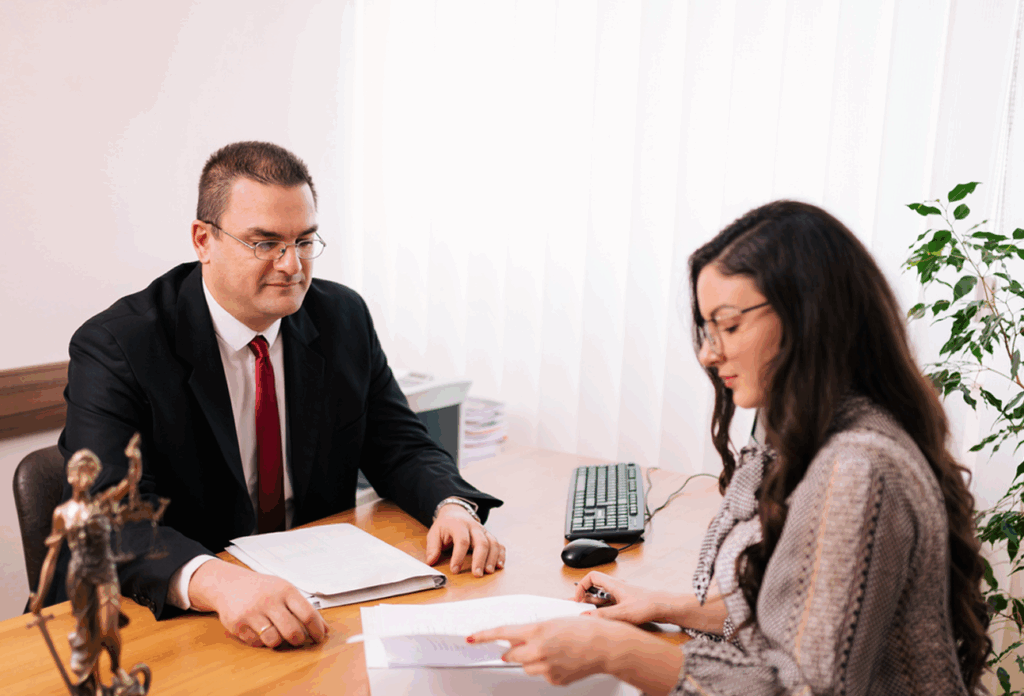
I’m Northern Virginia criminal defense attorney Scott Nolan. And today, I’m going to talk to you about traffic stops, particularly those that lead to a DUI arrest.
Almost all DUI cases begin with a traffic stop. The police see you do something that piques their interest. Perhaps you’re speeding. Perhaps you’re driving too slowly. Maybe it’s just that your tail light is out. But something has happened to cause the police to want to investigate you. Your DUI case begins at that moment.
What to do at a traffic stop
And what you do before encountering the police can have a profound impact on how the rest of your night will go and how your eventual DUI case will go. The police are trained to observe your behavior during this period, the period between when they first indicate they want you to pull over and when you do in fact pull over, that is, when they first encounter you.
They’re trained to watch what you’re doing and evaluate whether or not you’re behaving normally. So it’s good to have a sense of what you ought to be doing so that it becomes second nature when you do get pulled over.
When someone is intoxicated or under the influence of alcohol, one of the first things to be affected are their mental faculties. That means they begin making bad decisions. So demonstrating that you’re making good decisions can go a long way to support the idea that you’re not intoxicated and you’re not under the influence of alcohol.
Making good decisions
And those good decisions involve, at the beginning, where and how you stop. So you ought to stop in a safe and well-lit place. Don’t just pull over on the shoulder of the road unless there’s no other option. If you are pulling over on the shoulder of the road, look for the widest spot on the shoulder possible. Make sure you leave room behind you for the police officer’s vehicle, and make sure that you’re as far over on the shoulder as possible.
If you have a choice however, it’s better to drive a little bit further, get into a parking lot, get into some well-lit public area. If you have any concerns about whether the person who is following you is in fact a police officer, then you need to call the police station. Tell them what your concerns are, and they will tell you whether or not the person pulling you over is in fact a police officer.
If you still have concerns, then make sure that you are stopped in a well-lit public area where you can be seen. Once you have stopped and made sure that you’ve parked in a legal parking spot, the next thing you want to do is have your license and registration handy.
Your license and registration
Don’t play any games with this. Yes, the law only requires you to display your license. This post is not about standing on the absolute letter of your rights. This post is about getting you the best possible result from your interactions with law enforcement. And that’s going to happen when you hand them your license and registration.
Now, when you’re looking for the license and registration, be conscious of the kind of motions you’re making. Police are looking for what they call furtive movements. These sorts of movements, these quick, sharp movements can make the police believe that you’re either hiding contraband or looking for a weapon. Either way, you’re about to have a bad evening.
So if you know where your license and registration are, you can grab your wallet, or grab your registration out of the glove compartment. Fantastic. Do that. Otherwise, just wait for the police officer. When the police officer arrives, your music should be turned off, your hands should be on the wheel, and you should be ready to hand over that license and registration.
Demonstrating that your mental faculties are normal
The purpose of doing these things carefully and in a coordinated manner is to show that your mental faculties are normal. The police and the prosecution at a trial are going to be at pains to show that you were sloppy, that your wheels went over the line, that you were above the speed limit, and that you were not driving normally.
And your lawyer is going to be very happy to have the chance to say, “Did my client park in a reasonable manner? Did they park in a reasonable place? Isn’t it true that she pulled over into a flat level, well-lit, safe spot and then stopped?” “Well, yes, it is.”
And that’s going to permit your attorney to argue that your actions showed a strong mental faculty and therefore the idea that you were intoxicated is less likely.
The police can stop you for minor infractions
The police can stop you for even a minor infraction of the law. It doesn’t matter how minor it is. And it doesn’t matter if it’s just a pretext to get you pulled over. As long as there is a minor violation of the law, the stop is legal.
For instance, in Virginia, it’s illegal to have your windshield obscured by anything that’s hanging there. The only things allowed to be on your windshield are the rearview mirror and the sun screens. So if you’ve got a parking pass, if you’ve got a tassel from graduation, whatever you’ve got, a fuzzy dice, anything that you’ve got up there can give the officer all the excuse they need to pull you over.
For that matter, having your view out the rear window obscured by boxes, by whatever it is you’re hauling around in your car, can also give the officer permission to pull you over. They can even pull you over for doing 48 miles an hour in a 45-mile an hour zone.
Don’t fight the police
Even if you feel that the stop is completely illegitimate, that it’s unfair or that the officer didn’t see anything like this to give them permission, don’t fight them on it. The traffic stop is not a courtroom. It’s not where that matter is going to be litigated. Let your lawyer do that arguing later in court. Simply pull over when the officer indicates that you need to pull over.
So you’ve pulled over safely and you’ve demonstrated mental awareness. Now it’s time to move on to the actual police encounter and it’s time to move on to our next post. If you have any questions about traffic stops or any other legal matter, give me a call or contact my office. I’d be happy to talk to you.



